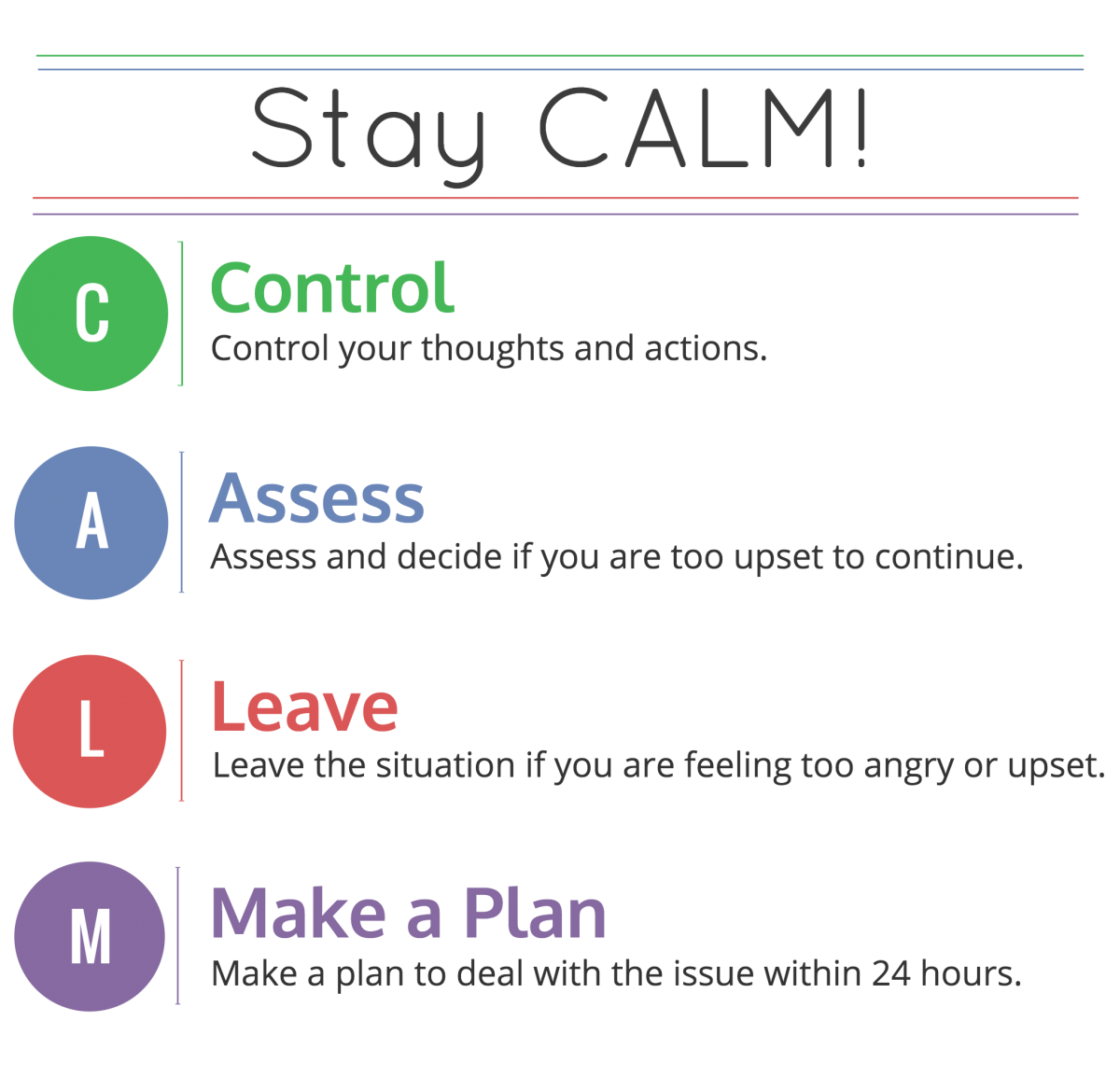
NIDA Family Check Up: Communication
Anyone can learn to communicate better. It takes a bit of practice to learn communication skills, but over time you will have less fighting and more talking when you practice these techniques regularly.
Developing good communication skills helps parents catch problems early, support positive behavior, and stay aware of what is happening in their children’s lives.
Set up for Success:
- Pick the right time for the conversation. Minimize distractions so you can focus on the person you are talking with and what you want to talk about.
- Plan out the conversation ahead of time.
- Be calm and patient. Remember: you have thought about the topic ahead of time, your child or partner may not have thought about the subject before this conversation.
Communicate like a Pro:
- Ask questions, but the right kind for the type of information you want. The type of information you receive depends a lot on the kind of questions you ask.
- Show Interest/Concern—It can be easy as a parent to blame and accuse our children when they don’t behave the way we wish they would. Most of us have said things like, “How do you get your self into these situations?” or “Why do you make the same mistakes all the time?” Try to phrase your question to elicit information. “That sounds like a difficult situation. Were you confused?” or “Tell me how you were feeling in that situation.” are more helpful to gathering information.
- Encourage Problem Solving/Thinking—Instead of “What did you think would happen if you did that?” try, “So, what do you think would have been a better way of handling that?” or “Can you tell me what your goals were in that situation?”
- Listen and Observe—People feel more comfortable bringing issues and situations to their loved ones when they know they will be listened to and not accused. In your daily interactions, you can strive to be a good listener and observer so you will know when a big problem may be on the horizon.
Reduce Emotion:
Strong feelings that come up in tense situations and conversations can interfere with clear thinking. Following the CALM steps can help keep the conversation moving in the right direction.
 The National Institute on Drug Abuse reports, “communication is the foundation of strong family relationships. Developing good communication skills helps parents catch problems early, support positive behavior, and stay aware of what is happening in their children’s lives.” Strong communication is necessary not only between parents and their children, but also between parents alone and ideally between siblings as well. Having parents model strong communication skills helps children learn to communicate effectively.
The National Institute on Drug Abuse reports, “communication is the foundation of strong family relationships. Developing good communication skills helps parents catch problems early, support positive behavior, and stay aware of what is happening in their children’s lives.” Strong communication is necessary not only between parents and their children, but also between parents alone and ideally between siblings as well. Having parents model strong communication skills helps children learn to communicate effectively.
The National Institute on Drug Abuse compiled a booklet of positive parenting techniques that help prevent or reduce drug abuse.
The other techniques were: